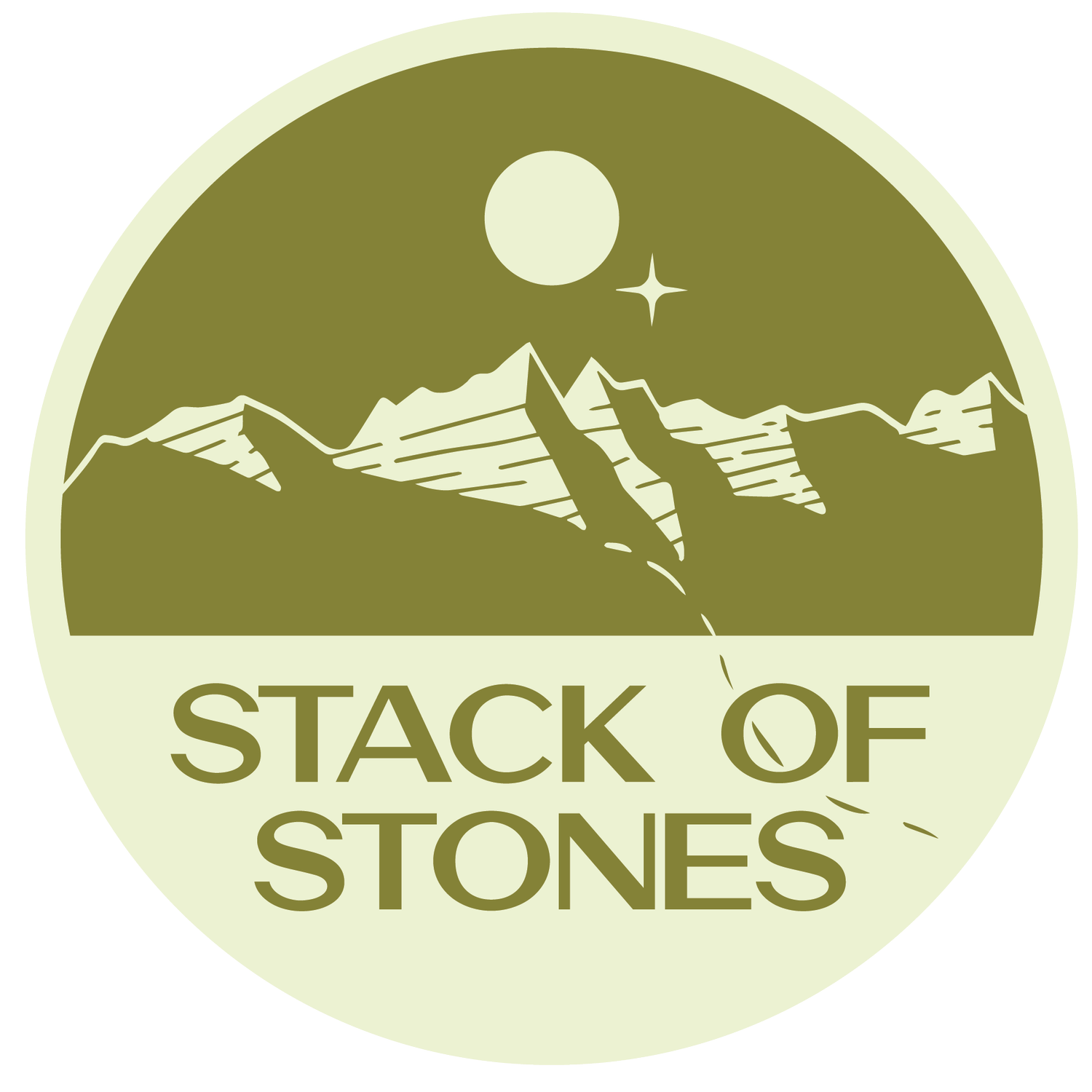Trauma, trauma, trauma.
When you work as a first responder, it’s an unfortunate part of the job. There aren’t clear numbers about just how much trauma a first responder might encounter throughout their career, but suffice it to say, it’s far more than Norm the Accountant who lives next door.
We can’t avoid it, so what do we do about it? That answer is going to be different for everyone, but here are a few things that I’ve found to be consistent.
Let’s Start with a Definition
My preferred definition for trauma is anything overly disturbing or distressing.
Vague, eh? That’s why I like it. Trauma isn’t limited to specific scenarios. There isn’t some equation (i.e. we must have at least one severed limb, one screaming old lady, and two body fluids to count as trauma).
It’s ridiculous when I describe it like that, right? And yet, how often do you try to assess whether something is “bad enough” to be trauma? If you feel highly disturbed or distressed, it counts.
Stop Comparing
We all do it, we compare our suffering with others. And because most first responders have a “suck it up” approach to mental health, we are quick to brush things off as not a big deal.
It doesn’t help. Trauma is not on a continuum. Sure, some of us have it worse or better than others, but that doesn’t mean our suffering doesn’t matter. If I break my arm, but my friend breaks both arms, it doesn’t mean I just ignore mine because “it isn’t as bad.”
You may scoff at that idea, but I see it all the time. Someone is hurting and deserving of support, but they brush it off because the suffering doesn’t match someone else.
I also see this come up when we compare whether a scene or situation should bother us. You get back to the station feeling rattled, but quickly assess whether anyone else seems bothered. If they don’t, you assume you are being a baby and brush it off.
KNOCK IT OFF.
First of all, they might be faking it. Especially within first responder cultures, it is very rare for someone to admit to being rattled. We put on our tough faces and get back to work. So just because the people around you don’t appear impacted, they might be dirty, dirty liars.
Also, we’re all different. Something that shakes me to my core might not bother you at all, and vice versa. Some critical incidents shake everyone, and that is when the debriefs, peer support, time off, and other supports appear. Which is great, but what is often unseen are the calls that rattle us more because of our own personal history or current circumstances. The CISM team isn’t going to appear after you run a call on a man who looks just like your murdered uncle. But it doesn’t mean your emotional response doesn’t matter. It’s called a trigger, which brings me to my next point.
Don’t Let the Instagram Influencers Win
Words like trauma and trigger are SO overused. If I see one more influencer in a dumb hat with a dumb filter describe how they are #manifestinghealing while living that #vanlife . . . . let’s just say that one of ya’ll might end up arresting me.
Those words are overused, but it doesn’t mean that they don’t matter. Having a trauma response triggered is a very real, biological, uncontrollable response. If you’ve ever felt your whole central nervous system respond when you drive down the street of a bad call, that’s a trigger. Your body is simply communicating that something bad happened.
If you allow yourself to acknowledge the trigger response, it doesn’t mean you have to immediately go buy a dumb hat and join the influencers, I promise.
Build Your Supports Before the Incident
If at all possible, build your systems early. Once we are in a trauma-response, we can’t think clearly or make plans. We need to simply enact the plan we made before. You do this in every other scenario. You don’t approach a four-alarm fire or an active shooter without a plan. You plan, train, drill, and review.
Yet somehow we expect that we don’t need the same attention for our mental health. So make a plan, consider your options and what you might need. We can’t plan for everything (just like your job), but we can put some support in place.
If you feel stuck on how to build that plan, reach out, I’m happy to help.
S.
Want to keep learning? Here are some options.
If you are a first responder, healthcare professional, or deathcare professional (or you love someone who is) we have a plethora of mental health resources and trainings for you. Here are some more to explore.
